C++ Default guidelines
This is a C++ guidelines and good practices document.
The main purpose for this set of guidelines is to serve as a starting point for people that are new to the language or learners seeking to improve their C++ writing quality. The key difference with other guidelines is that they are ordered in priority of using them and specifically designed to give a ‘default’ way of doing this. This helps teams to write similar looking code, which improves readability, correctness and thereby maintainability.
Debugview++
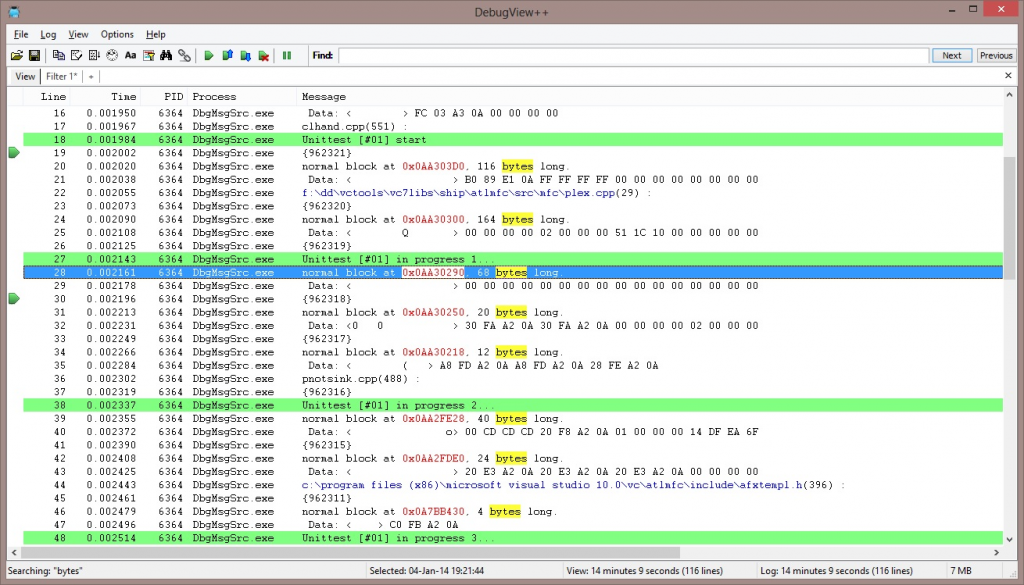
Use debugview++ to collect, view and filter your application logs and boost your productivity in the process. Debugview++ was insprired by Sysinternals’s dbgview but has many expert features added, such as more log sources, advanced filtering using regular expressions and linked views. These allow you to more quickly analyse you logs. It is available free of charge, download it directly from github.
OpenCanary

A collection of analysis scripts that can be used as part of a continuous integration system to safeguard against common mistakes.
DepCharter
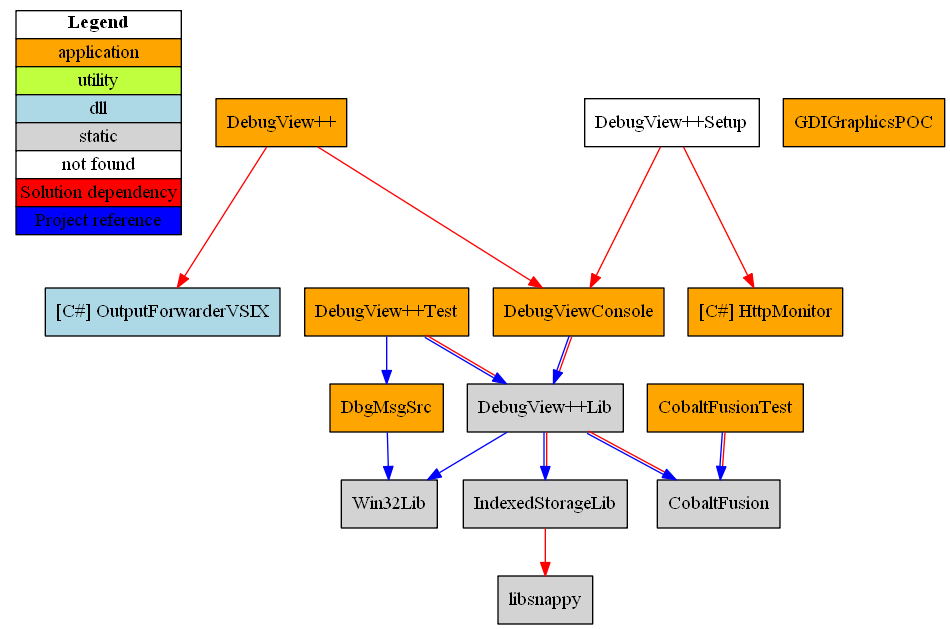
A tool to generate dependency graphs from visual studio solutions or a collection of projects in a directory hierarchy.
LibIdentify

A standard for identification of executables, specifically aimed at test-frameworks. This effort started to support the detection of the used framework in BoostTestUI but can be used by any test-runner type of application.
Boost.test.UI
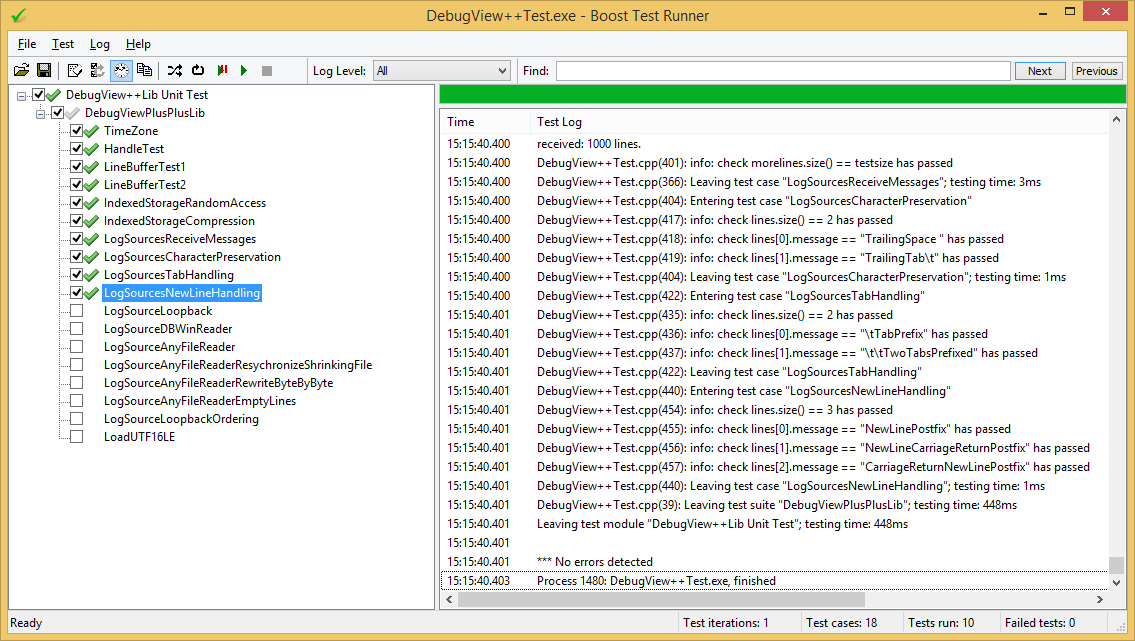
A graphical test runner for boost.test, googletest, catch and nunit. You can download it here from the authors website. Scroll down to the bottom of the page.
Nowind
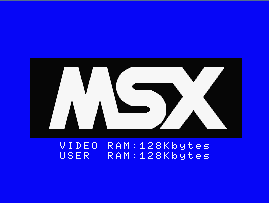
Nowind can actually refer to a collection of things. First there was the nowind emulator it is an emulator for the z80 based MSX2 system. Then there is the nowind interface which is a piece of hardware that connects the MSX computer to a modern host PC over a USB 2.0 connection. Finally, there is a second generation emulator here.
x86-to-z80
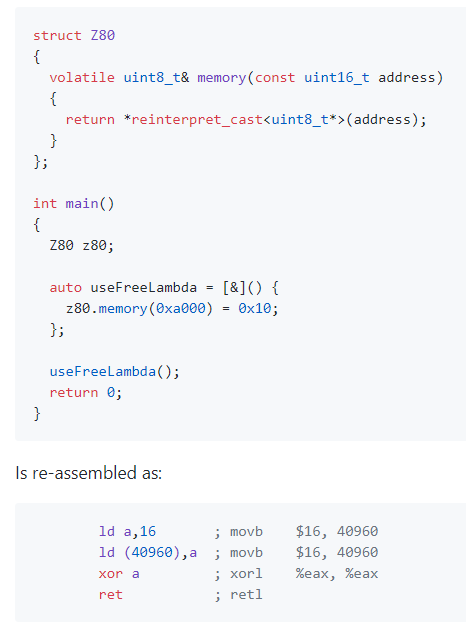
C++17 for MSX, sounds to good to be true? well, it is… but maybe not for long. x86-to-z80 aims to bring C++17 to the MSX platform, read more this on the github page. I’m having trouble finding the time to work on this; would you like to help implement it? Contact me using the form on the home page.